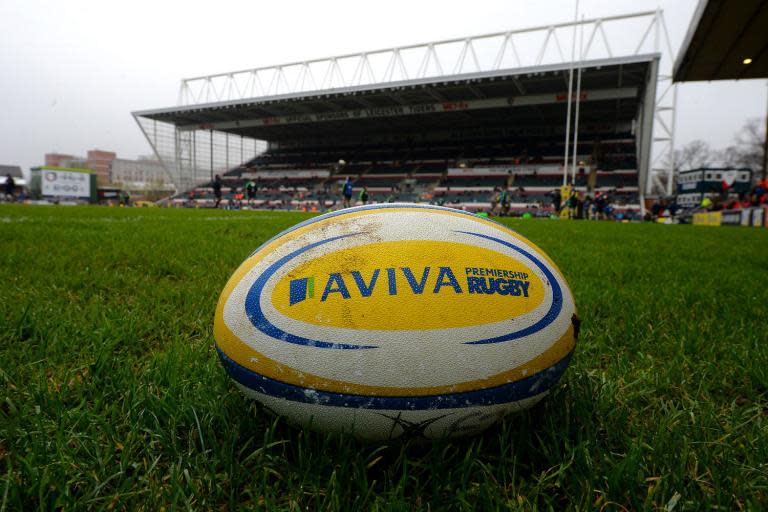Jim Armitage: In the end, Aviva picked the man with pizzazz
When Andy Briggs did a no-show at a recent insurance industry chinwag, tongues started wagging that the former front-runner for the top job at Aviva had been pipped at the post.
As it happened, he was at an unavoidable board meeting, but there was some truth behind the gossip. Briggs, who joined Aviva when the insurance giant bought Friends Life, had been surpassed by company lifer Maurice Tulloch.
Louder and, dare I say it, more charismatic than the cerebral Briggs, Tulloch’s elevation makes sense, even though his current international role seems smaller than Briggs’s job of overseeing the core UK operation.
So, when the announcement was made this morning, it was one of those ones where you go, “huh?”, pause, and then, “oh yeah, I get it”.
You pity Briggs, who’s popular and super-bright. But it won’t be long before he gets a top job elsewhere.
Tulloch is a bundle of energy and a natural leader. He has been all over the Aviva empire in his 26 years rising through the ranks.
That’s included stints running the company’s general insurance operations (insuring cars, homes and businesses) and selling life insurance, which makes up the bulk of his current international work.
While former chief executive Mark Wilson was convinced digital innovation would get customers to buy more Aviva products, Tulloch’s background gives him an understanding of the importance of brokers for sales growth, too.
And, boy, does Aviva need to find some of that.
Wilson was right to invest in tech, but his plans did not add much to revenues. Why not? Because insurance is a commodity game with little customer loyalty. Brits have learned from online price comparators to shop around every year for the best quote.
Meanwhile, the population doesn’t seem to be buying more cars and homes, so the potential customer base is pretty flat for any UK-focused insurer.
Aviva has for years talked about solving this problem by cross-selling across products, but that’s a case that still has to be proved. Just because you cover your car with one company doesn’t mean you’ll get your household insurance with them too.
You’re even less likely to get your life cover there.
Which raises the question: how much logic is there in keeping both sides of Aviva — life and general cover — together at all? Critics argue the company is now underpowered in both sides compared with giants like Allianz, and would be better splitting them off and selling them.
The board has clearly decided against such radical action. If it hadn’t, it would have picked an external candidate.
So, now Aviva has gone for an internal hire, he has to prove to restive shareholders that the company deserves to exist in its current form.
If he fails, there are plenty of activist investors out there who will force through the alternative.

 Yahoo Finance
Yahoo Finance 

